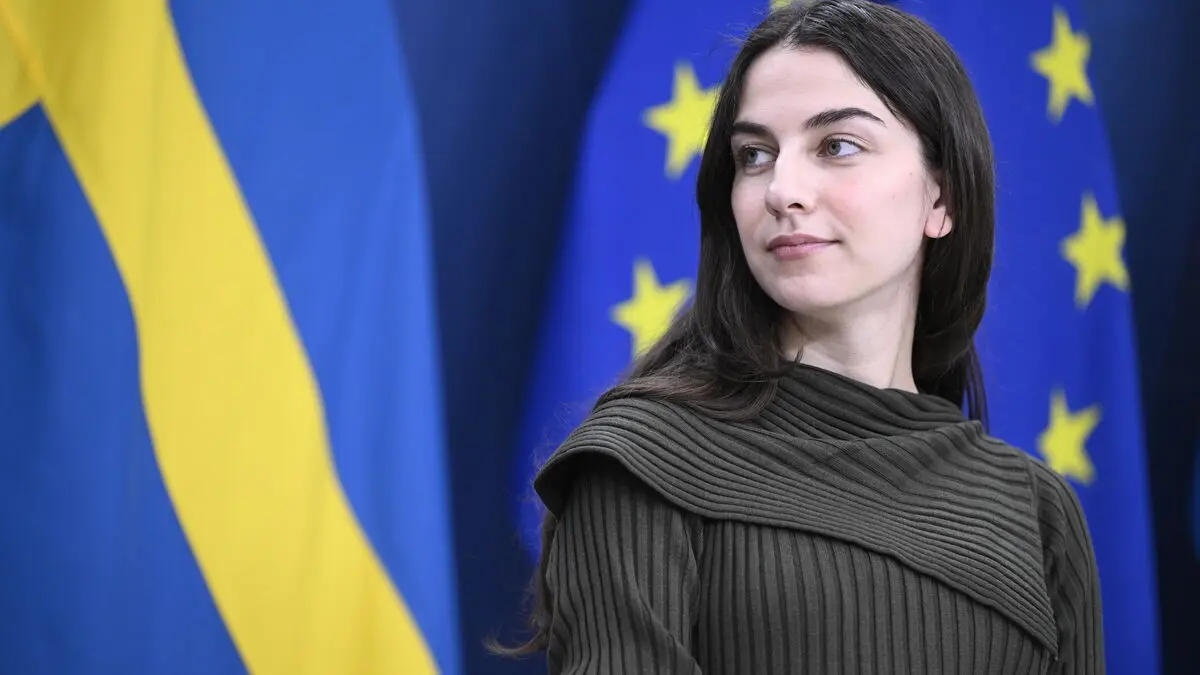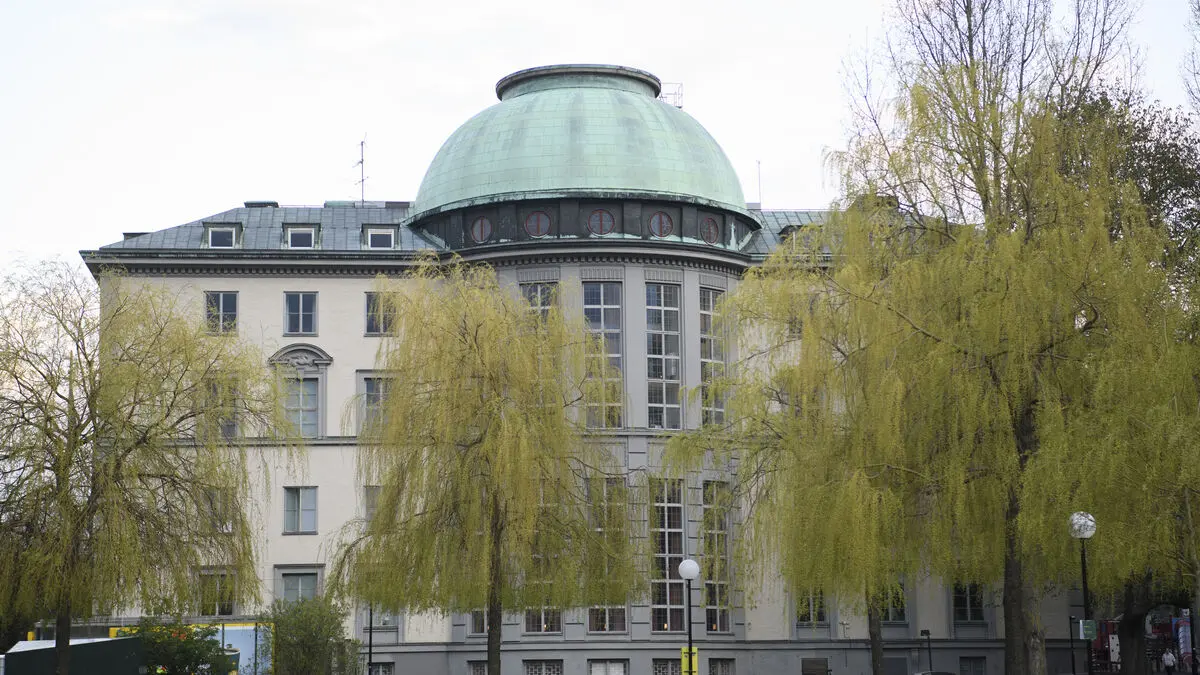Trump has repeatedly and loudly claimed that the Democratic candidate Kamala Harris is a Marxist.
Harris herself has not commented on the claims, but her politics over the decades have not been in line with the theories of the German economist and philosopher Karl Marx or the various left-wing movements that have sprung from his teachings.
She is not a Marxist, she is not a communist, says Thomas Zeitzoff, professor at American University.
In the run-up to the election, Harris has presented proposals for price controls on a range of everyday goods, something that Trump has seized upon and called "in Soviet style".
Trump claims that Harris's father, economics professor Donald Harris at Stanford University, has "taught her well". The father has in his work referred to many influences, including Karl Marx. Harris's parents divorced when she was seven years old, and she has said that she was raised by her single mother.
"The Red Scare"
Donald Trump is using the well-tried tactic of describing others as non-capitalists, and instead portraying them as communists, socialists, Marxists, or "red", according to Barbara Perry at the University of Virginia. This is to discredit the opponent and perhaps get Harris to react in an unfavorable way.
The so-called Red Scare originated from the time after the two World Wars when the USA and the Soviet Union competed for power. The most well-known example of the phenomenon was during Senator Joseph McCarthy's time. He was a zealous anti-communist and led investigations that culminated in a witch-hunt for suspected communists in the USA during the 1950s.
Narrow Margins
Trump is trying to influence a certain category of Americans by calling Harris a Marxist, believes Thomas Zeitzoff, particularly voters who come from families who fled from communist countries.
In his book "Nasty Politics", he argues that it is not particularly effective to try to get voters to change their allegiance before the election with the help of insults, conspiracy theories, and aggressive rhetoric. But since polls suggest a very even opinion landscape, it may still make a difference, he says.
The margins are very small. So maybe this can convince some people who are on the fence.
Marxism is a collective term for directions and movements that have claimed and claim kinship with the philosopher Karl Marx's works and theories. Much of what is called Marxism today does not have its roots in Karl Marx, but rather in a broader Marxist ideological world.
Marxist economics is not a unified economic theory but consists of different parts with connections to Marx's theories. Marxist economists perceive the capitalist system's flaws and crises as inevitable effects of built-in contradictions.
Source: National Encyclopedia






